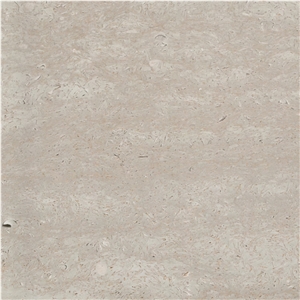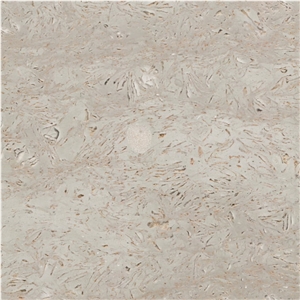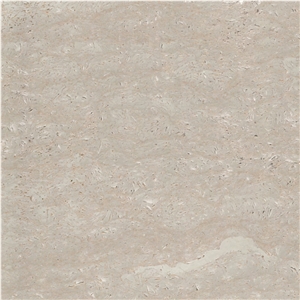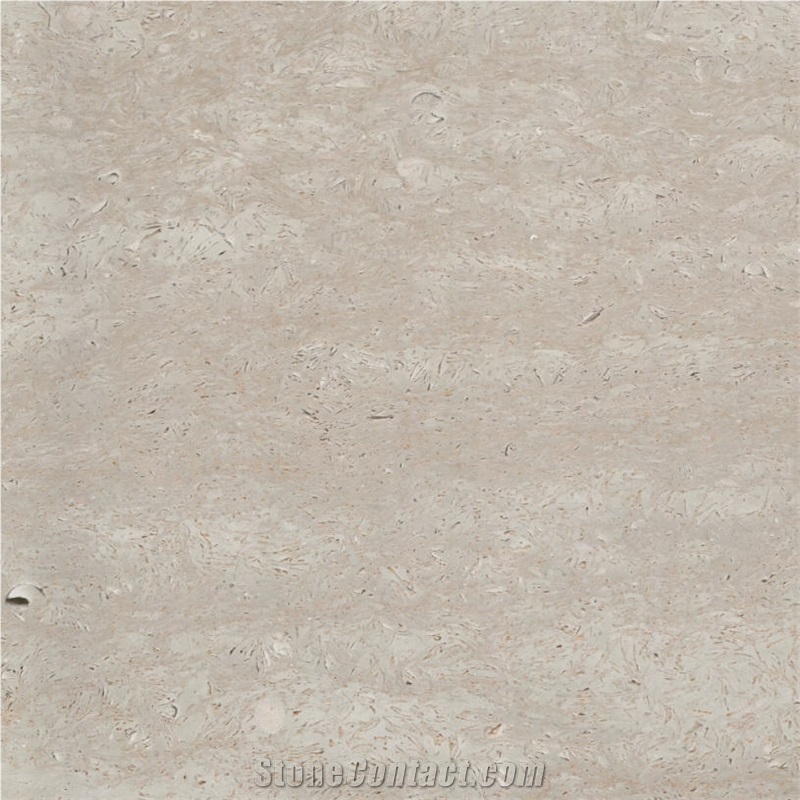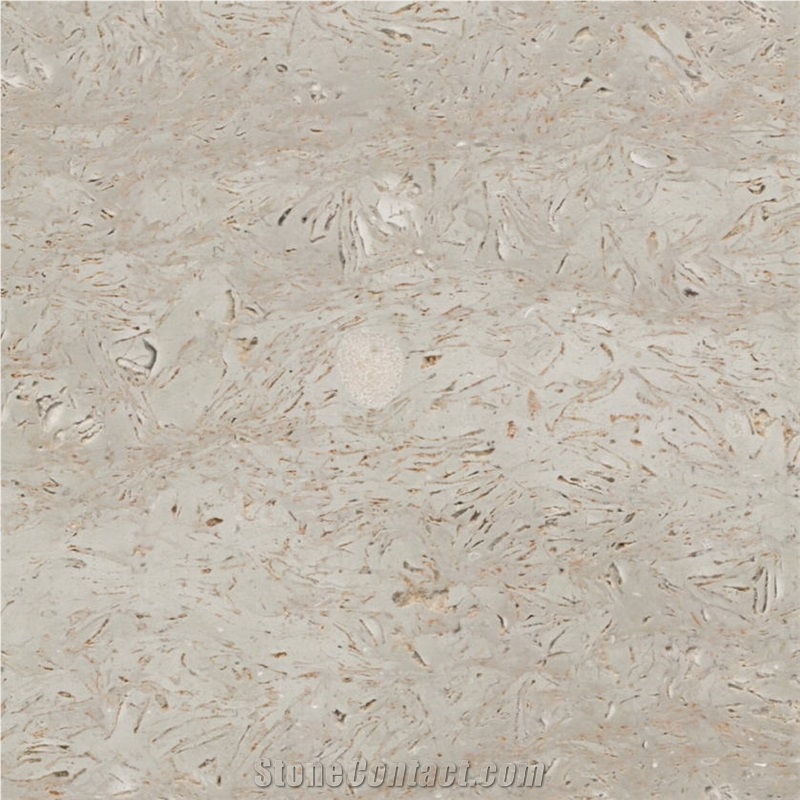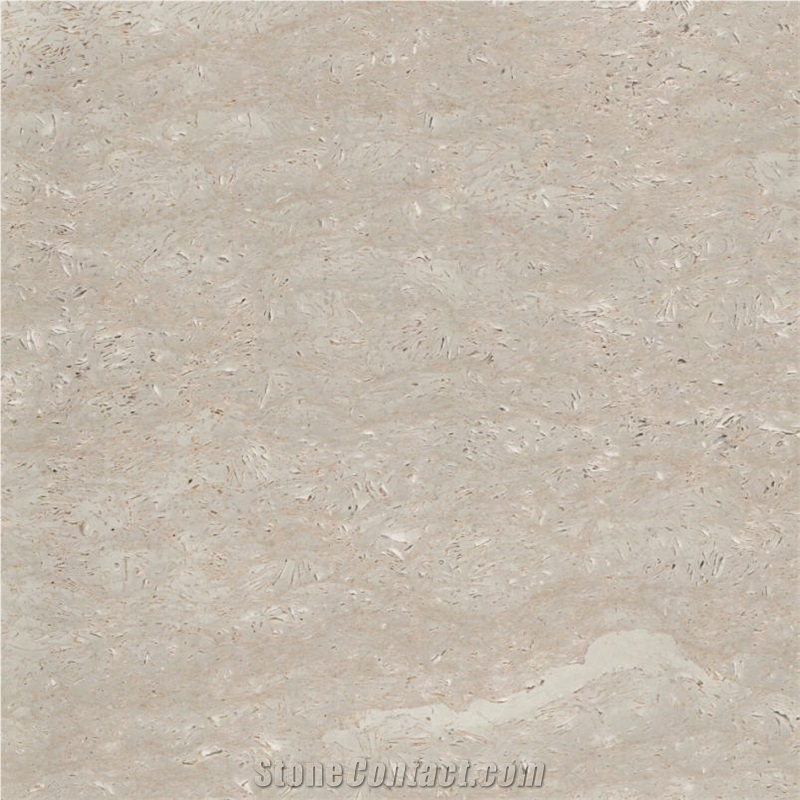Travertine Poros
 Greece
(Crete)
Greece
(Crete)
Travertine Poros is light cream - earth beige colored porous classic beige travertine.
Finishes available: Honed, Aged, Polished, Sawn Cut, Sanded, Rockfaced, Sandblasted, Bushhammered, Tumbled, Weatheredge
Travertine Poros can be commonly used; Exterior - Interior wall and floor applications, countertops, mosaic, fountains, pool and wall capping, stairs, window sills, etc

What grade is Greece's Travertine Poros?

Can Greece's Travertine Poros be used in a bathroom?

Can Greece's Travertine Poros be used in landscaping?

Can Greece's Travertine Poros be used exterior applications in very rainy climates?

How thick is Greece's Travertine Poros slabs?

Are there color variations of Greece's Travertine Poros?

What is the coefficient of friction of Water Jet Cut Greece's Travertine Poros tiles?

Can Greece's Travertine Poros be used outdoors?

Is Greece's Travertine Poros an expensive stone?
-

 China
China
 13YRDiamond members are premium members on platform, providing members with comprehensive approach to promoting their products, increasing products exposure and investment return to maximize.
13YRDiamond members are premium members on platform, providing members with comprehensive approach to promoting their products, increasing products exposure and investment return to maximize.
 Verified Supplier is for prove company authenticity,including business license,trade license and effective office space,to enhance buyers' trust to suppliers and their products, reducing communication costs.
Verified Supplier is for prove company authenticity,including business license,trade license and effective office space,to enhance buyers' trust to suppliers and their products, reducing communication costs.
Contact Supplier
-

-

-

-

-

 China
China
 8YRDiamond members are premium members on platform, providing members with comprehensive approach to promoting their products, increasing products exposure and investment return to maximize.
8YRDiamond members are premium members on platform, providing members with comprehensive approach to promoting their products, increasing products exposure and investment return to maximize.
 Verified Supplier is for prove company authenticity,including business license,trade license and effective office space,to enhance buyers' trust to suppliers and their products, reducing communication costs.
Verified Supplier is for prove company authenticity,including business license,trade license and effective office space,to enhance buyers' trust to suppliers and their products, reducing communication costs.
Contact Supplier
The request includes: 1. surface finished, size 2. quantity required






